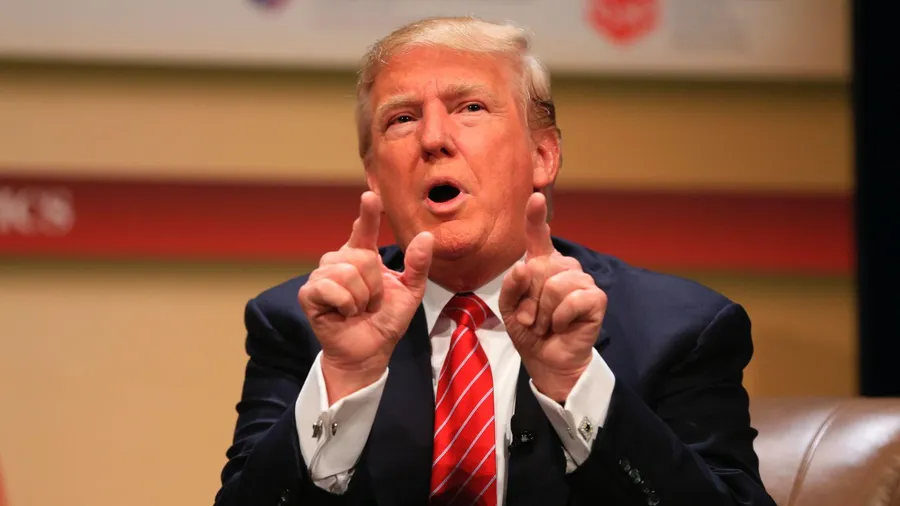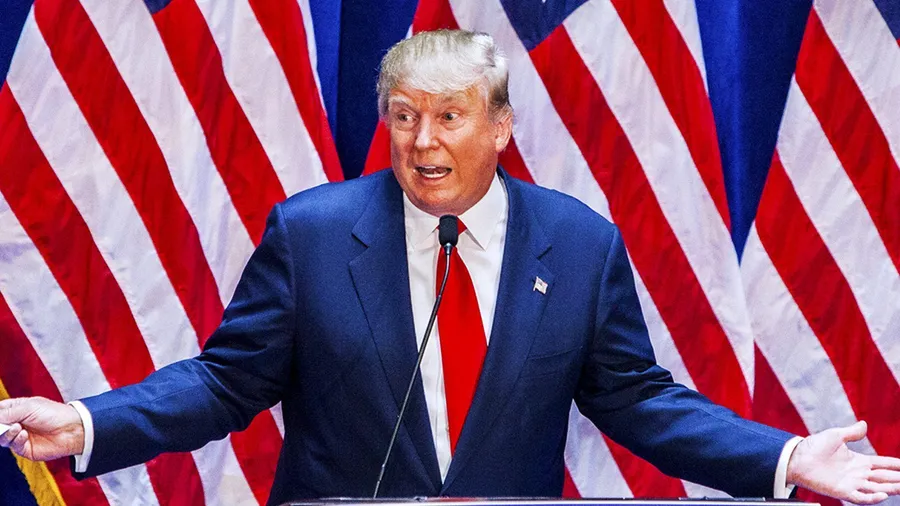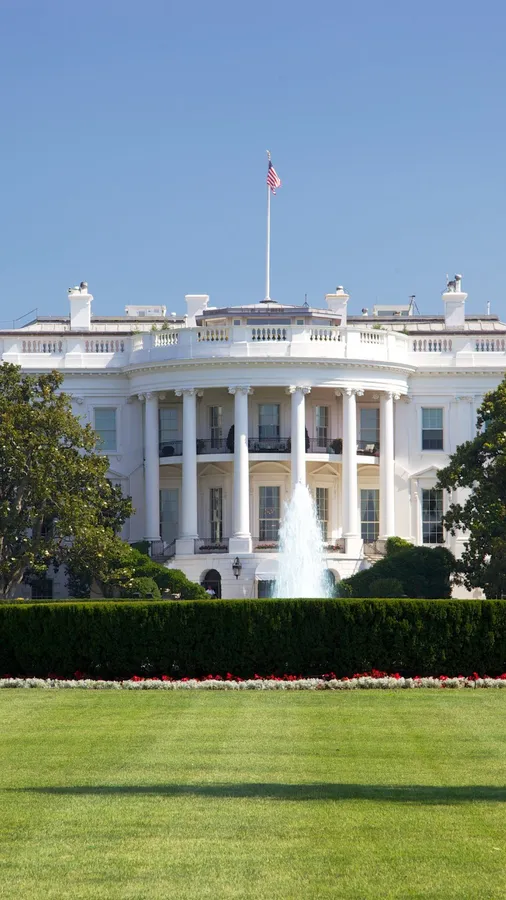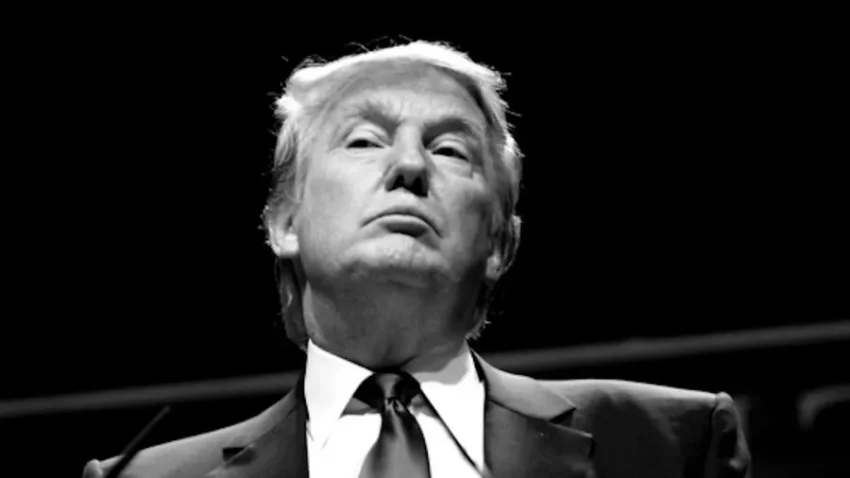Why are the Trump administration deportations happening despite a judge’s order to stop?
Planes are soaring through the sky, carrying hundreds of people far from their homes, while a judge’s command to stop it sits ignored on the ground below.
This isn’t a scene from a movie—it’s something that happened on March 16, 2025, under the Trump administration.
The United States has always been a place where laws and rules matter, but a recent event has left many scratching their heads.
What’s going on? Why are people being sent away even when a court said no?
Let’s dive into this story and find out what’s behind this bold decision.
Federal Court vs. Trump Policies

The Trump administration has made immigration a big focus since taking office earlier this year.
President Donald Trump promised during his campaign to crack down on illegal immigration, and he’s moving fast to keep that promise.
But this latest action has sparked confusion and anger across the country.
Hundreds of immigrants, many from Venezuela, were put on planes and sent to places like El Salvador, even though a federal judge had just ordered the government to stop deporting them.
It’s a situation that raises big questions about power, rules, and what happens when they clash.
Trump Administration Deportations of Venezuelan Immigrants
On Saturday, March 15, 2025, U.S. District Judge James Boasberg made a clear ruling. He told the Trump administration to halt deportations of Venezuelan immigrants under an old law called the Alien Enemies Act.
This law, created way back in 1798, lets the government remove people from certain countries during wartime or emergencies.
Trump used it to target Venezuelans he said were tied to a gang called Tren de Aragua.
The judge stepped in because lawyers argued it wasn’t being used fairly—some of these immigrants might not get a chance to tell their side of the story.
Judge Boasberg didn’t just suggest a pause; he ordered it. He even said any planes already in the air should turn around and bring the immigrants back to the United States.

But here’s where things get tricky. By Sunday morning, reports came out that hundreds of immigrants had already been flown to El Salvador.
The planes didn’t turn back. The administration went ahead with the deportations despite the judge’s words. People watching this unfold were stunned.
How could this happen? Was the government ignoring the court on purpose?
The Trump team says they’re acting to keep the country safe. They claim many of these immigrants are dangerous and need to be removed quickly.
El Salvador’s president, Nayib Bukele, even posted online that it was too late to stop the flights, hinting that the deal was already done.
But critics say this move breaks the rules and shows the administration isn’t playing fair. It’s a tug-of-war between safety and law, and right now, no one’s sure who’s winning.
What This Means for the Future
This isn’t just a one-day story—it could change things for a long time. When a judge’s order gets ignored, it makes people wonder if the courts still have power.

The United States has a system where the government, the courts, and the laws all work together. If one part starts doing whatever it wants, that balance could fall apart.
Some worry this is a sign the Trump administration might keep pushing past legal limits to get things done.
For the immigrants caught in the middle, it’s more personal. Many of them left Venezuela hoping for a better life, fleeing tough conditions back home.
Being sent to a country like El Salvador—some to prisons there—could put them in danger. Advocates for immigrants are furious, saying these people deserve a fair chance to stay, not a rushed trip out of the country.
The American Civil Liberties Union (ACLU), which helped file the lawsuit against the deportations, is already planning its next steps to fight back.
On the other side, Trump supporters cheer this as a tough stand against crime and illegal immigration. They say the president is doing what he promised: putting America first.
But even some who agree with him might wonder if skipping the judge’s order sets a risky example. What happens next time a court tries to stop something the government wants to do?
This clash isn’t over yet. The Justice Department has appealed the judge’s ruling, arguing that the president has the right to act fast on national security.
Meanwhile, lawyers for the immigrants are pushing to bring those deported back. As of now, on March 16, 2025, the nation watches and waits.
Will the planes keep flying, or will the courts pull them back down? Stay with us as the Trump administration deportations continue.
